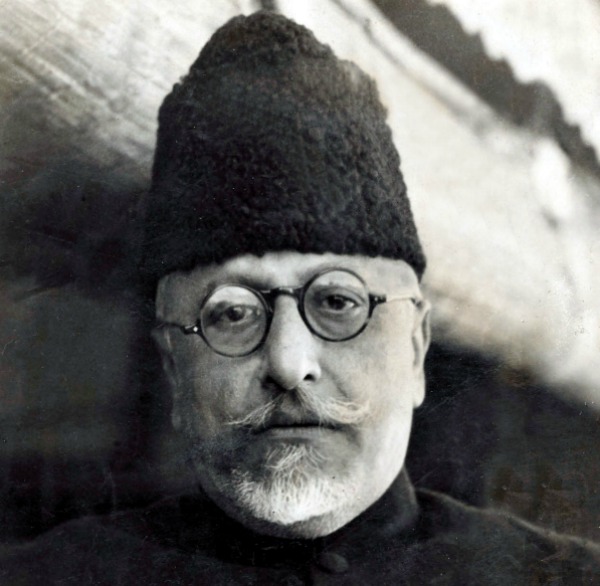By Sadiya Rohma Khan
Recalling the distinct myriad talents and relentless contributions of those building a collective progressive era, with other great luminaries and freedom fighters in the pre-independent era, Maulana Abul Kalam Azad stands out as one of the finest administrators in Indian political history, whose contributions are not only limited to the National Education Day but are beyond the educational canvas.
The revolutionary Kalam’s qalm (pen) in the “pre-independent era” (his pen name being “Azad”) fighting the British Raj did not give up to write for the second time, despite very his first Urdu newspaper “Al- Hilal”, (The Crescent) being “ a viral newspaper then” (viral in today’s internet terminology) was impounded by the then British Government and thereafter he established the second newspaper “Al-Balagh”. Such was his steady zeal and perseverance.
In this piece, I am recalling one of the most transforming reads – “India Wins Freedom” by Humayun Kabir. The book can be termed as words of brilliance as it was approved for publication after several reads by Maulana Abul Kalam Azad himself.
Before I write any further, deeply absorbed in imagining that era of 1920s, to rewind and ponder about the greatness of our nation’s independence struggle, surely many unsung courageous leaders who collectively believed in the dream of an independent nation, silent visionary contributions, immeasurable sacrifices and monumental participation irrespective of ideologies they belonged to, were not applauded or given a loud acknowledgement like few others in the political powerful corridors then.
While remembering Maulana Azad, one learns about the Great Maulana and his unforgettable important intra-role in building the Indian National Congress. That certainly speaks that nothing silenced his passion and efforts towards building an inclusive cohesive Congress, of which joining the then dismantled Congress and working as a robust team towards a demonstrative collective measure – those were the years of Forming, Storming, Norming and then Performing – a cohesive Group work measure for social and community mobilisation. His contribution and service to the nation is not only limited to the great scintillating corridors of education.
The 1923 era counts an unbeatable record (till date) regarding the youngest President of any Indian political party. At the age of 35 years, Maulana Abul Kalam Azad was elected as the youngest President of the Indian National Congress. It will not be fair if one does not reflect the strong role of Maulana in building the administration of Indian National Congress and holding cohesively the then Congress when it was divided into two parts on the issue of Non-Cooperation Movement.
It was here that Maulana Azad played a pivotal role in reconciliations between the divided groups – an intra Congress saga of the pre-independent era. This saga was when the Swaraj Party was formed by Motilal Nehru, C.R. Das and Hakim Ajmal Khan, who were opposed by the orthodox followers of Mahatma Gandhi, as quoted in the book.
Unfortunately, today there is no Great “Abul” – the Maulana who once catalysed reconciliation amongst its members and united them all. As one absorbs the pages, those were the years when Congress was a movement, an evolved group of intellectuals who could think, invent, express and deliver the mind for the nation’s freedom movement and unite the nation for the freedom struggle. There may be unending pages to write about this great humble legend and not limit it to excerpts from this great book or only commemorating and celebrating ‘National Education Day’ which fell on 11 November. His highly unique progressive thoughts, finesse in persona, par excellence intellect to think and practise beyond the clutches of orthodox religious beliefs and reinvent for the betterment and development of the nation should be key sustainable learning.
Undoubtedly, it has great historical significance, however sometimes few great legends need to be read beyond “commemoration” and there is a need for sustainable expression about their contribution in building a political party which has never been a one-man show and shall never be so – for all political parties have people’s participation, contribution and the “grass root karyakartas” and this has been the base of the powerful pyramid of political histories, whether nationally or globally.
Maulana’s exemplary unmatched ideals to pioneer education as a guiding principle for future generations, building the foundations of educational institutions and shaping the destiny for education in Modern India and future Independent India, needs no introduction globally.
In closing thoughts, I humbly feel that Maulana’s role and contributions should be read in-depth, regarding building the progressive Indian National Congress as a strong administrator, and one of those humble yet strong progressive legends, not to be limited to archives and commemorations only.


